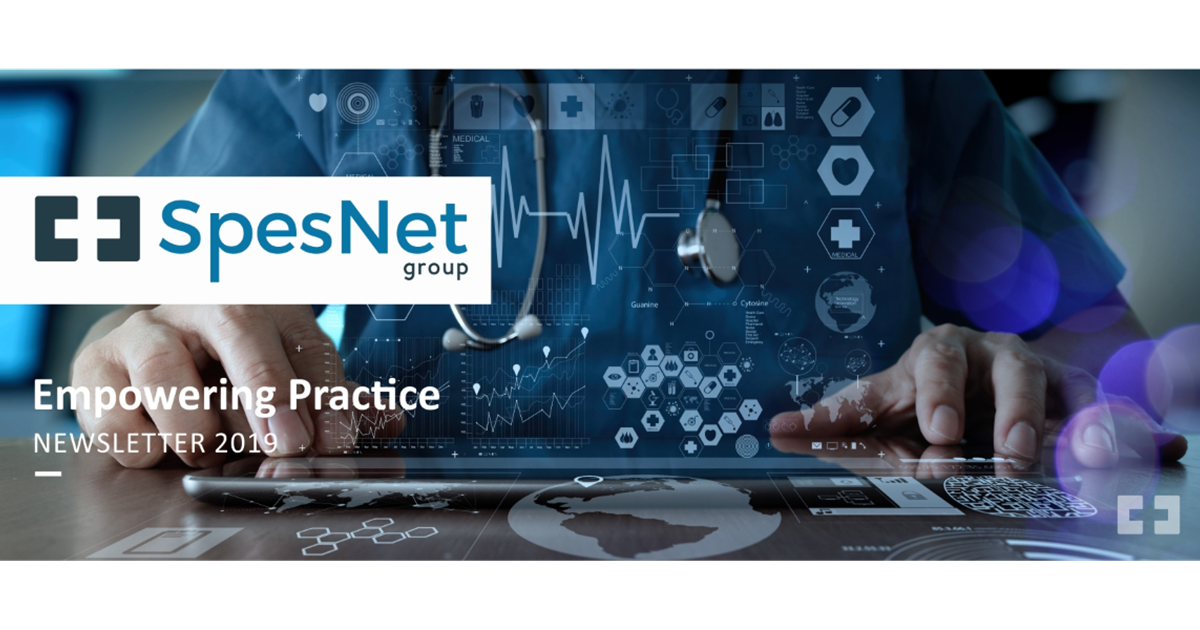March 2019 Vol. 147

Social Media Ground Rules
Business entities including hospitals and medical practices have embraced social media as a key enabler of their business to engage, inform and network with clients and patients.
The ease of creating social media accounts and connecting to clients and patients exposes us to a false sense of security when using these platforms and create unintended risks that could have far-reaching effects.
To start the conversation some proposed ground rules when using social media:
Regularly check your privacy settings on each social media platform;
Actively monitor your social media accounts;
Don’t over-share personal information;
Don’t accept connection requests from people you don’t know;
Use strong passwords and change them regularly or the moment you suspect they may have been compromised.
Conduct and Ethics
The mandate of the HPCSA’s Inspectorate office is to enforce compliance through conducting inspections of registered practitioners and investigation of illegal practices by unregistered persons.
The inspectors appointed at the office conduct inspections at the practices of the registered practitioners, including those who are suspended or removed from the registers to ensure compliance with sanctions imposed by professional misconduct committees.
If a registered practitioner transgresses the rules as laid down by the Board, the practitioner will be subjected to a disciplinary process in terms of the regulations.
The following includes unprofessional conduct against which the Inspectorate office may take disciplinary steps:
• Unauthorised advertising;
• Over-servicing of patients;
• Criminal convictions;
• Improper relationships with patients;
• Improper conduct of practitioners;
• Operational procedure without patient's permission or consent;
• Disclosure of information in regard to patient without his / her permission;
• Incompetence in regard to treatment of patients;
• Excessive fees charged/overcharging;
• Insufficient care towards patients;
• Racial discrimination;
• Rude behaviour towards patients;
• Prescriptions to already addicted patients;
• Perverse incentives and kickbacks.
The list is not exhaustive, and such a practitioner may be charged in terms of the ethical rules and/or any other previaling legislation.
Coding Corner
Abbreviations:
PDX: Primary diagnosis
SDX: Secondary diagnosis
Coding of “Metabolic syndrome”:
Metabolic sydrome is also referred to as: “Syndrome X” or “Insulin resistance syndrome” or “Dysmetabolic syndrome X” or “Reaven syndrome”.
PDX: I10 Essential (primary) hypertension
SDX: E78.5 Hyperlipidaemia, unspecified
SDX: E66.9 Obesity, unspecified
SDX: E11.9 Non-insulin-dependent diabetes mellitus without complications
Patient admitted with hypertension, chronic renal failure and congestive heart failure:
PDX: I12.0 Hypertensive renal disease with renal failure
SDX: N18.9 Chronic renal failure, unspecified
SDX: I50.0 Congestive heart failure
Acute anterior wall myocardial infarction, fiirst episode.
While in hospital, the patient develops a new myocardial infarction – inferior wall, within the 4 weeks of the initial myocardial infarction:
PDX: I22.1 Subsequent myocardial infarction of inferior wall
SDX: I21.0 Acute transmural myocardial infarction of anterior wall
Or
PDX: I21.0 Acute transmural myocardial infarction of anterior wall
SDX: I22.1 Subsequent myocardial infarction of inferior wall
IOD@SpesNet
COID consultation codes may vary from those in the Medical Doctors' Coding Manual
0181 – Visit for a new problem (20 Minutes)
0182 – Visit for a new problem (30 Minutes) First Consultation
(rooms/hospital)
0183 – Visit for a new problem (45 Minutes)
0109 – Follow-up visit (in hospital/ward) (may only be charged once per day)
0184 – Follow-up visit (in rooms)
0186 – Final visit (Final Medical Report)